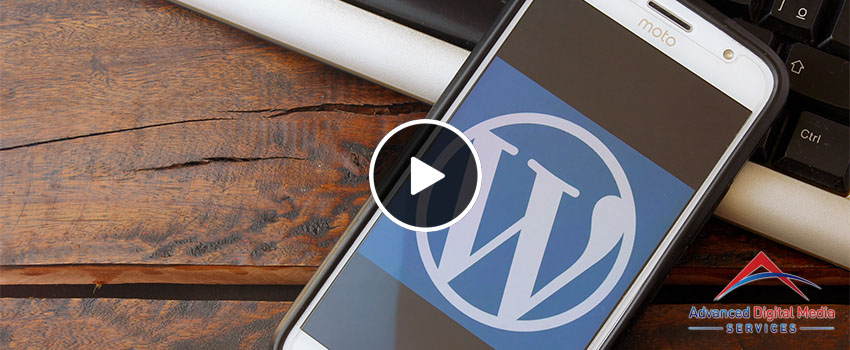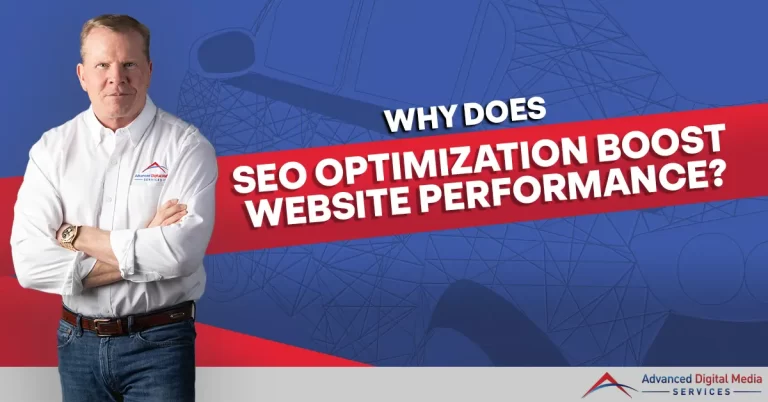If you care about your WordPress website, you should care about the website speed. Internet users can be impatient, so owning a website or a blog that loads quickly is crucial to reach your business goals. If it takes too long for every plugin and feature to load, your potential customers may decide to take their business elsewhere, preferably to a place with fewer frills.
Why should you improve your WordPress website speed?
A website with a faster loading time is more likely to be shown first by search engines. Google ranks websites based on loading speeds and puts websites with good loading times higher on results pages.
If you’re an online seller, put in the effort to make your website load faster for your shoppers. Online buyers are very impatient, and they want webpages to load in a second or less. Having a faster online shop is an improvement to your brand and your profit.
Visitors tend to leave websites with more than a two-second loading speed. If you want your visitors to stay on the page, then reduce your bounce rate by improving your website speed.
It’s easy to make your WordPress website faster. This article touches on four fail-proof ways to improve your WordPress website speed for your audience.
1. Choose a better web hosting provider.
The host of your WordPress website influences your website speed. Using a shared hosting provider tends to fail to produce good loading speeds, especially during peak traffic internet hours. Shared hosting also performs poorly because of its public nature. It shares the same server space with other websites that uses lots of data, and this will affect your website speed.
You can instead use cloud servers for a lower price. However, erecting cloud servers is hefty work. Some websites provide cloud servers with a more comfortable setup.
2. Get Rid of Slow Plugins
Speed up your WordPress site by removing slow and outdated plugins. The plugins in your WordPress blog should be coded correctly to optimize the site’s loading speed.
If you don’t know how to tell if your plugins are correctly coded, you can always try to use plugins that are easy to install and add to your website. Actively installed plugins should be easily maintained and routinely updated. Having an outdated plugin can also affect your website speed. Always update or remove old plugins from your blog. You can check if your plugin is old when you go to the plugin settings. There, you can check if there are unread notifications about them.
3. Use a lightweight WordPress theme or framework.
Using a WordPress theme that is simple in design and still related to your content can speed up your WordPress site. WordPress themes with a lot of colorful and appealing designs might be useful to look at, but there’s a huge chance that they’re slowing down your loading speeds.
A great tip is to use a WordPress theme that has a useful framework, sufficient website elements, and is lightweight to look at.
4. Reduce image sizes
Reducing your WordPress website’s image sizes will improve its speed because image sizes are one of the major contributing factors to loading times. You can reduce the size of the image while retaining its quality by using plugins with image optimization.
Use Optimole, EWWW Image Optimizer, and other plugins with good image optimization. They can reduce image sizes and improve the speed of your WordPress site.
To Sum Up
Improving your WordPress website speed by lowering its loading speed will improve your overall visitor experience. Your result page ranking will also improve when search engines see the load has improved.
Basically, you need to use a cloud server for your website because it has less data traffic overall. Next, remove all outdated plugins from your website, since they only add unnecessary data processing. Try to reduce the sizes of your images to cut back even more on your loading times. Lastly, use a lightweight WordPress theme that suits your content to speed up your WordPress site as much as possible.
Overall, it is easy to improve your WordPress website speed if you use these four tips, or seek the help of professionals. You’re not just helping yourself by doing this; you’re also helping your website visitors.






